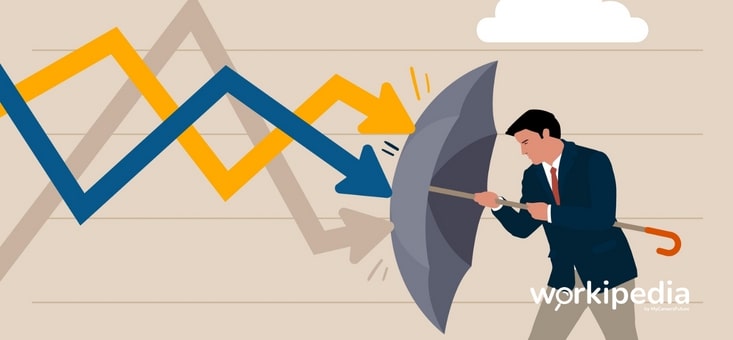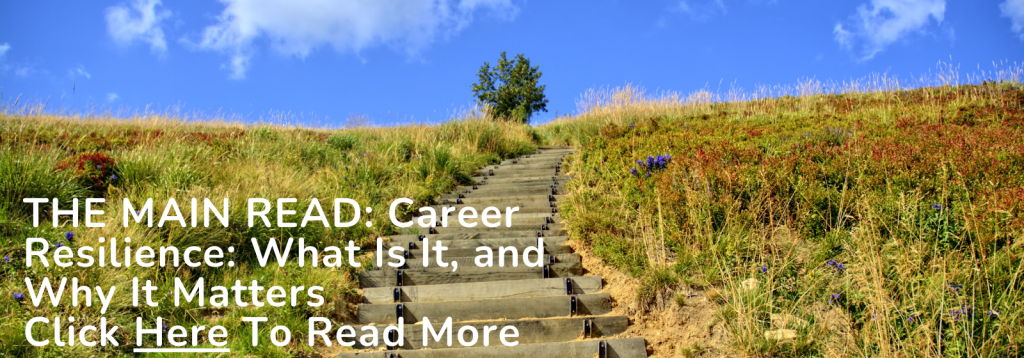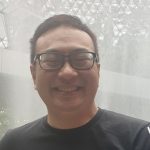In Singapore, employees and workers in organisations tend to take a more Asian and hierarchical perspective towards things, expecting their managers to lead and direct them when necessary to reach big-picture goals.
But what if the big-picture goal is your career? Are you going to wait to be led to your career success or take the reins by being the chief executive of your own destiny?
Ultimately, if the goal is to rethink long-term employment (as Deputy Prime Minister Lawrence Wong has mentioned, we’re likely to have a few careers in our lifetimes), then you’ll need to adopt different strategies for different life stages and embrace lifelong learning, for career mobility and resilience.
We spoke to several industry and marketplace experts who shared their take on Singapore’s employment marketplace, what skills and industries they see coming to the fore in the next five, 10 and 20 years, and what that means for entry-level, mid-career and late-career jobseekers today.
Maureen Chow, a career coach with Ingeus, a career matching provider under Workforce Singapore (WSG)
In my opinion, beyond just getting jobseekers to change their mindsets, a key factor is also for Singapore’s employers to evolve their hiring policies and expectations.
I find jobseekers are acutely aware of the changes that are going on around them and the uncertain future. They are mostly ready to take on new changes and challenges. They are eager to learn and prepared to take on new skills and upgrade for the future.
With Covid-19, inflation and global turbulence, job security has become a priority.
In fact, the notion of climbing the corporate ladder is for earlier generations of workers when the world was less in flux and most countries were aiming to achieve economic growth rather than juggle several competing needs of their populations.
In my experience, the newer (and younger) generation of jobseekers tend to hunt for wider career experiences and greater exposure.
They participate in many different stretch projects and look to gain accreditations where possible, understanding that could be how they are measured in the workforce in the future.
In terms of the industries and sectors to look out for, I reckon it’ll be the following:
- Technology and infotech
- Sustainable energy, food and construction
- Aged Care
- Medical science and biotechnology
- Logistics
Song Zhaoli, an associate professor at the Department of Management & Organisation at NUS Business School
Singapore jobseekers tend to look for jobs they are familiar with, which means in the same industries, occupations, locations, or job types as before.
However, in the long-term, job requirements may become individually tailored, and employers may look for candidates with unique backgrounds and experiences.
In terms of skills and industries, I reckon the most critical skills for career resilience for workers at all stages and levels will be:
- People skills
- Analytical skills, including digital fluency
- A global mindset
- Sensemaking (a way of finding deeper meaning in life)
Raphael See, career coach and team leader for AKG (formerly known as Maximus), a career matching provider under Workforce Singapore (WSG)
In contrast to the availability of physical health services, the provision of mental health services in Singapore is behind. I reckon that we will see growth in the mental health industry with today’s increased importance, greater awareness, and availability of new technologies.
In the consumer marketplace, there is also heightened appreciation for curated experiences. This may usher in an evolution of how we eat, dress, play and work.
Correspondingly, industries such as F&B (food and beverage), retail, manufacturing and hospitality will want to be in a position where they can provide said curated experiences on a large scale, on demand!
For example, consider how TV programming has evolved where Netflix is readily available, on-demand, and curated for each individual consumer.
As such, awareness of data analytics will be fundamental for workers looking to future-proof and increase career resilience.
We will continue to have experts in artificial intelligence/data analytics, but cursory knowledge and ability in the fundamentals may become commonplace as well, such as how Microsoft Office skills are a basic requirement in nearly every occupation currently.
We will also see greater hybridisation of traditional skills and industries. Consider medical tourism and influencers; commonplace today but an oddity for both industries just a decade ago.
Ultimately, jobseekers will need to condition themselves to always be learning and keeping abreast of trends to ensure employment mobility.
Trevor Yu Kang Yang, an associate professor in the division of Leadership, Management & Organization at Nanyang Business School
Based on observations of job search behaviour and conversations with my students, I think the assumption they make is that job options are relatively abundant, which leads to little pressing need to look too far into the future when it comes to career planning or building up resources related to career resilience and longevity.
Perhaps this is a natural consequence of relatively low unemployment rates (even during the Covid-19 pandemic) and our strong economy in recent decades.
However, the rise of the gig/platform economy, and the proliferation of alternative forms of employment linked to independent contracting, have significant potential to bring about disruptive change to the way we currently work and manage our careers.
Learning to live and thrive with increasing levels of uncertainty and disruption at work is a mental challenge that current workers and employees in the Singapore workforce may not be prepared for!
There is also the blurring of boundaries between work-family-personal life domains to consider for local workers. I think that many in today’s workforce will face challenges when it comes to managing the spill-over effects of responsibilities across these domains.
As such, new sets of work and life skills and mindsets will be required to thrive in this new era of work.
The increasing advancement and sophistication of artificial intelligence-linked technologies will also continue to replace both routine and increasingly complex job tasks.
The question for our local workforce is really this: how ready are you to collaborate with these new additions to our workplace and workflows?















